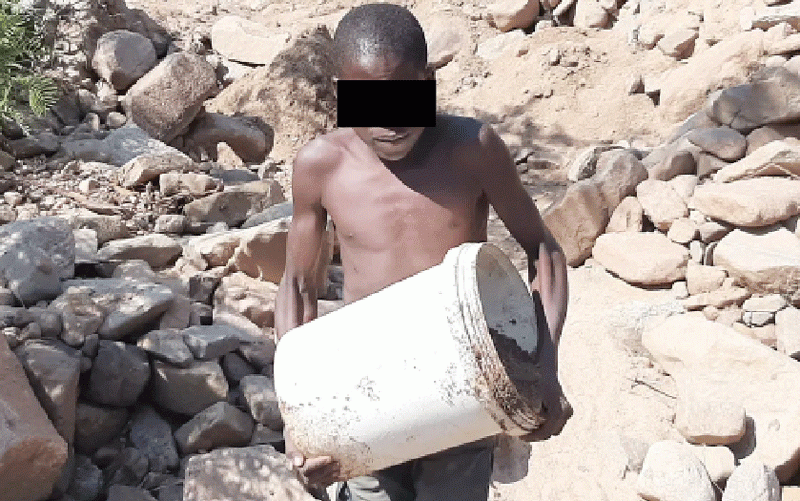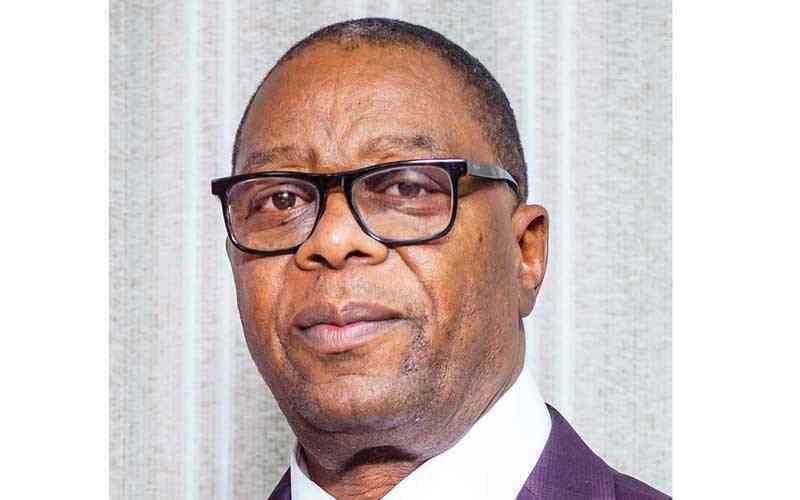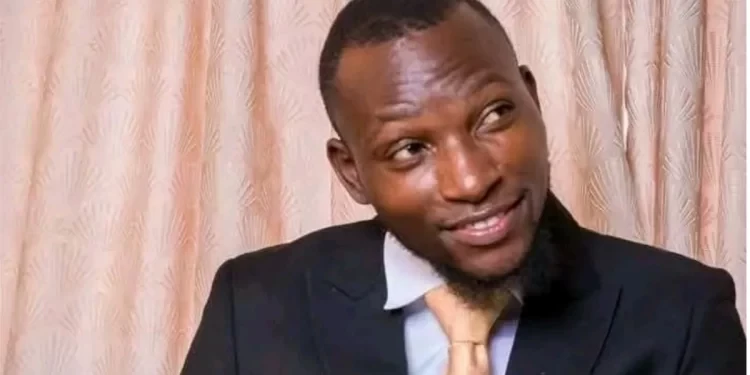
The unprecedented economic crisis obtaining in the country is pushing hordes of children in the mining communities around Kadoma into the dog-eat-dog small-scale mining sector.
Small-scale miners in areas around the mineral rich Patchway community have become a breeding ground for child labour.
Children as young as 15 years are working in the gold mines where they are abused and initiated into violent activities.
A 15-year-old Trymore Banda (not real name) who dropped out from school at the age of 13 is one of the many child casualties of a battered economy.
“I dropped out of school when l was 13 years in 2021 because my parents did not have money for me to pursue my studies and I joined illegal mining,” Banda said.
“This sector is very unforgiving to big men and now you can imagine what it can do to young teens like us.
“We are often abused and bullied, but we have to keep pushing to survive.”
He said surviving in the sector required one to develop thick skin and often times they take drugs to stay high and gather the required energy and courage.
- Kadoma’s small-scale miners turn to child labour
- Artisinal miners to blame for falling gold deliveries
Keep Reading
Africa has the largest number of child labourers; 72,1 million African children are estimated to be in child labour and 31,5 million in hazardous work.
Another teenager, who was orphaned at a young age and could not complete his primary level education due to financial constraints, said he has managed to make inroads into the illegal mining sector.
“This is a sector where the strong survive and the weak die. You only have one choice of being strong. If you are weak you will be preyed on,” said a teenager who identified himself as Bhaga, a name he says was given to him because of his expertise in using the hammer..
“Sometimes violence breaks out and some people even kill each other and you just have to stomach it and move on. We are young and easy targets, but that is just how it is.
“We are sometimes forced to pay protection fees so that we don’t get bullied.
“It’s a lot of money considering what we get, but we have no choice but to just pay so we can work.”
Illegal mining is a crime that can lead to more than five years of imprisonment and it has cost the country millions of dollars in terms of revenue.
Rampant violence at these sites among rival gangs is the order of the day.
However, it is a sad development that children have not been spared as they have joined this dirty work that should be done by workers from companies or individuals who are licenced.
“The giants (Mashurugwi) come at night and rob us of our gold or our ore,” said Bhaga.
“They come armed with machetes and force us to give them the gold.
“Life is tough, we sell the gold at a lower price and the ones who actually benefit are the gold buyers.”
Children below the age of 18 are found milling around the mining areas with hopes of being employed.
Unfortunately, when they get employed, they work for very long hours without appropriate protective clothing subjecting them to injuries.
Safety and health issues are not prioritised, which traumatises the young generation.
Child labour lawyer Philemon Nyoni said economic hardships have contributed to child labour in the country.
“If the economy is fixed, we are going to see less children venturing into mining activities,” he said.
“Child labour is because parents are failing to send children to school especially in remote areas forcing them to drop out of school.”
Mining is one of the most hazardous forms of child labour. It is physically dangerous and strenuous, exposes children to unstable underground heavy equipment and structures, toxic and explosive chemicals, and heat.
The dangers to health and safety make mining unsafe for children under any circumstances.
Research has revealed that precious minerals such as gold and diamonds top the list of minerals mined by about one million children in Africa between the ages of five and 17 for less than $2 per day.
In some instances, these children receive food as payment.
Back home, children as young as 10 years work in hazardous conditions in unlicenced gold mines. They usually work between 10 and 12 hours a day in the artisanal gold mining sector mainly with a few in the chrome mining sector.
Due to the unregulated and illegal nature of most artisanal mining activities, as well as the absence of protective structures, children are exposed to illnesses, injuries, and even death from falling rocks and pit collapses, sharp objects, and mercury poisoning.
Girls are exposed to sexual harassment and the pressure to engage in the sex trade, which further exposes them to sexually transmitted diseases and unwanted pregnancies.










